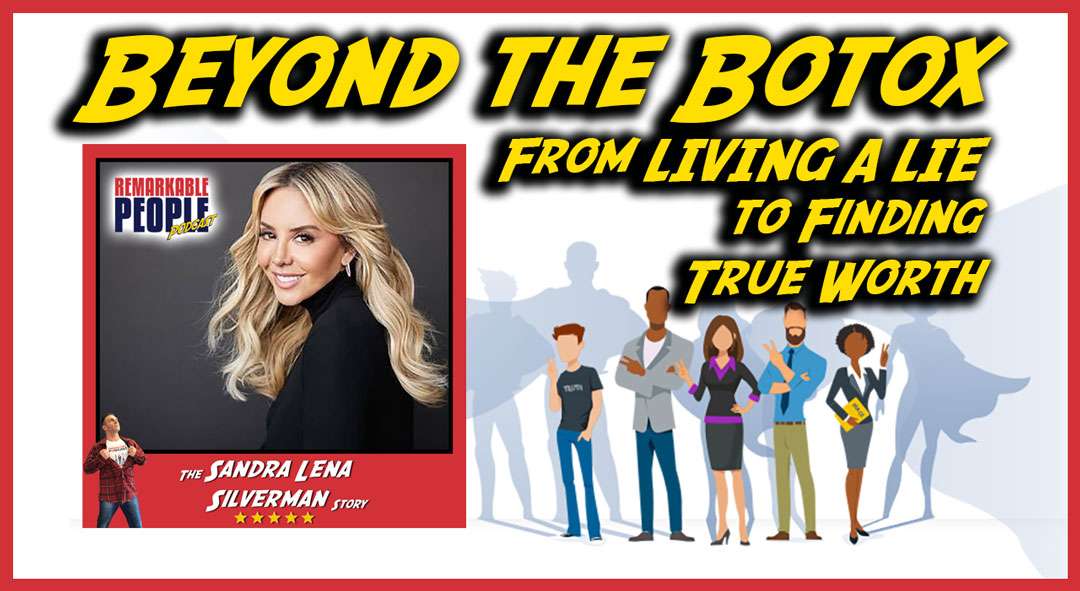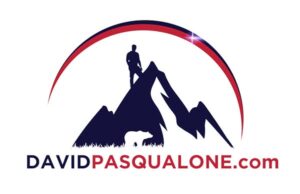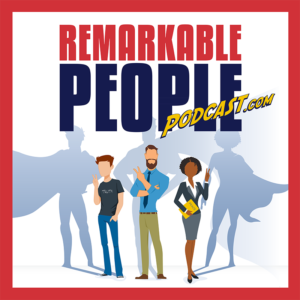From Dependence to Collaboration: The Evolution of Supplier Relationships in Material Supply
Organizations today recognize the necessity of effective supplier relationship management (SRM), in order to secure reliable materials supply chains. SRM involves forging strategic partnerships with suppliers with an aim of building mutually beneficial relationships that drive business success. This blog post discusses some key benefits associated with effective SRM as well as ways to develop strong supplier relations within organizations.
Increased Reliability and Stability
A robust SRM strategy ensures a reliable and stable supply chain. By building strong relationships with suppliers, organizations gain better insight into their operations, capacities and risks which allows proactive risk mitigation, thus decreasing disruption risk while assuring continuous materials supply. Regular communication allows organizations and suppliers to work towards aligned goals while working efficiently together towards meeting customer demands efficiently.
Improve Quality and Innovation
Building strong relationships with suppliers allows organizations to work closely with them to enhance material and product quality, by engaging in continuous dialogue. Through providing feedback on specifications, on specialist items such as inertial navigation system, as well as working on research and development initiatives together. Such an alliance fosters innovation by driving better products to market; at the same time suppliers benefit from having an in-depth knowledge of customer requirements which allows them to tailor offerings according to these specific demands more easily.
Cost Optimization
Effective supplier relationship management can support cost reduction and increased profits. By cultivating lasting relationships with their suppliers, organizations can negotiate favorable pricing agreements that enable more accurate budget planning and provide stability over the lifecycle of contracts. In addition, close cooperation between organizations and their suppliers often results in joint process improvements or cost-cutting initiatives such as lean manufacturing or value engineering projects that leverage expertise of supplier expertise while driving down expenses and costs.
Supply Chain Resilience
Supply chain disruptions can have devastating repercussions for business operations. By building strong supplier relationships and early identification of risks with them, such as those related to tariffs and global destabilization, organizations can increase the resilience of their supply chains. Further establishing multiple supplier relationships helps organizations reduce dependence on one source, thereby lessening any impact due to natural disasters or geopolitical changes on supply disruptions. In addition, moving the supply chain closer to consumers will reduce shipping costs while speeding up delivery.
Continuous Improvement
Supplier relationships offer organizations and their suppliers invaluable opportunities for continuous improvement. Performance evaluations and feedback sessions enable organizations to identify areas for enhancement and work with suppliers on issues they encounter together in an ongoing dialogue that promotes an environment of operational excellence throughout their supply chains. By sharing best practices amongst themselves and with suppliers alike, organizations and suppliers alike can learn from one another to implement strategies which increase efficiency, productivity, and quality within supply chains.
Ethical and Sustainable Practices
With today’s socially aware business environment, organizations have increasingly prioritized ethical and sustainable practices throughout industrial supply. Companies engaging in supplier relationship management can leverage it to identify suppliers that share the same dedication to ethical sourcing, environmental sustainability and social responsibility as their organization. Organizations can work closely with suppliers to ensure compliance with relevant regulations and standards through open dialogue and cooperation. Partnership allows organizations to advance responsible business practices, reduce environmental footprint, and strengthen reputation as socially responsible companies. Fostering ethical supplier relationships enables these organizations to contribute toward creating more sustainable future while meeting consumer demand for sustainability and expectations of conscientiousness consumers.
Final Thoughts
Supplier Relationship Management, or SRM, plays an essential part in assuring an uninterrupted supply of materials for businesses. By creating relationships between organizations and suppliers that foster strong partnerships, organizations can gain enhanced reliability, enhanced quality, cost optimization, supply chain resilience and continual improvement benefits from investing in SRM. Investing in SRM strengthens not only overall supply chains but also positions organizations to remain ahead in competitive markets by spurring innovation while producing exceptional products or services for clients.
Want More Info? How about a Free 30-minute Consult with Ascend? 😃
Schedule My Free Consultation Now!
Special thanks to the following source(s) for the image(s) used in this article:
Enjoy a Great Podcast? 🤓
Check out this Remarkable episode to continue the conversation and help you grow!

From Botox to Self-Love: Sandra Silverman on Overcoming Identity Crisis and Finding True Worth
"If the world took away your job, your looks, and your money today, would you still love the person staring back in the mirror?" ~ Sandra Lena SilvermanWATCH THE PODCAST Click the play button ▶️ above 👆 to watch now! Please Note: You can skip any ads after 5-seconds by clicking, "Skip Ad" in the bottom-right corner of the video window. These are not ads we control, or necessarily endorse. They are delivered by the video hosting...
 Listen Now!
Listen Now!
THANKS FOR LISTENING TO THE REMARKABLE PEOPLE PODCAST! 🎈
Click Here for More Remarkable Episodes on Almost Any Topic You Can Imagine.😃
DISCLAIMER: This is an affiliate article. We post affiliate articles with the intent of helping you grow. They are not written, researched, or necessarily endorsed by our team. They are simply content submitted to us by what appears to be respectable affiliate sources, people, and organizations, which upon initial review, seem solid and helpful to our community, so we post them. It is up to you to personally verify the facts, links, organizations mentioned, the validity of the information presented, and any/all claims made in the article(s). To report an issue with any of the information, links, or organizations mentioned in this, or any content posted on our website, or if you simply have a question or need something we can help you with, please contact us now.






